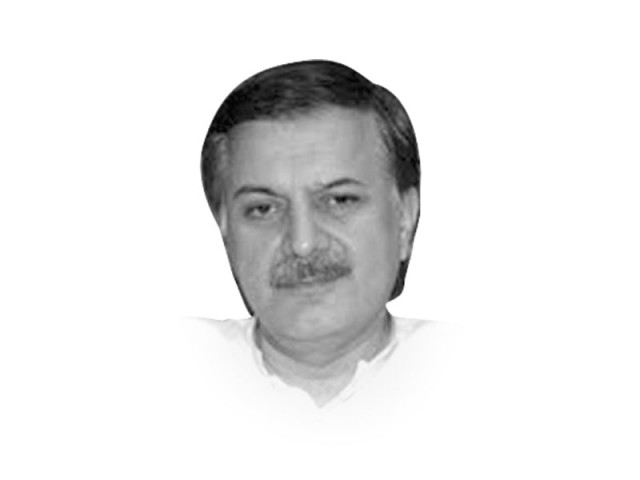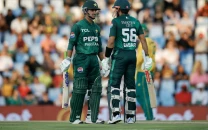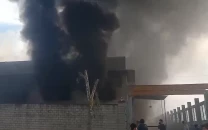Reforming our education system
By investing in the children and youth of today, we make an active investment in the Pakistan of tomorrow.

Sporadic attempts to deal with the education problem have largely failed because they overlooked the origins of the cleavage that alienates the majority, reserving modern, English-medium education for the privileged few. By not stressing a common curriculum in institutions across the country, those at the helm of affairs have accepted a situation that creates divisions at the source, denying the lower and lower-middle income groups any chance of providing their children with quality education and therefore a secure future.
The solution must therefore begin with identifying and formulating a widely accepted common curriculum for schools across the country, both private and public. While we go about modernising the common curriculum, relevant authorities must be directed to mould the system into one that encourages skill development and discourages old, unhealthy habits like rote learning. As the subjects and syllabi are revised, so too must the examination system into one whose integrity is beyond question. When the system produces educated individuals who in turn become part of the system, an automatic correction may result. The integrity of the examination system can be safeguarded by initially including educationists from the public/private sector, both from Pakistan and from abroad, until enough human resource is trained locally. The system can be duly accredited by a foreign examination board.
Education reforms that overlook the reality and demographics of those they are meant to impact are bound to fail. We need to be mindful that over a long period of education neglect, a system has evolved where children start earning the family bread from their early years. Therefore, the proposed modification must make room for children whose work is essential for their families to survive. Running dual shifts and accommodating distance learning must therefore be an integral part of education reform.
Once a uniform curriculum has been approved, the next important step will be the training of teachers. This is no small challenge. Again, while in the long term, this problem will solve itself, the government will need to act proactively in the initial stages. Coordinated teachers’ training programmes will have to be undertaken to ensure that the quality of education being imparted is not compromised.
The next prudent step will be evaluation of the schools themselves. A credible school evaluation system like the Office for Standards in Education (Ofsted) in the UK should be set up to provide independent advice on matters of policy to the government. This evaluation body should carry out regular inspections of each school, public or private. Recommendations should be given for improvement in teaching, learning and management of schools.
Vocational education is another serious concern, perhaps even more important than the primary and secondary education system that must precede it. Vocational and technical education should be encouraged so that what the students learn is linked to enhancement of their skills.
One of the most important questions that confront education reform planners is the madrassa system. While it is apparent that their curricula will have to be modernised, it is also a fact worth noting that unlike our traditional education sector, these institutions provide boarding, lodging, education and meals for their students, and that too at very low cost. It thus becomes apparent why marginalised groups would prefer enrolling their children in madrassas. So, similar facilities should be provided for in mainstream public schools as well. On the whole, we should be spending eight per cent of our GDP on education annually.
By investing in the children and youth of today, we make an active investment in the Pakistan of tomorrow.
Published in The Express Tribune, October 5th, 2011.


















COMMENTS
Comments are moderated and generally will be posted if they are on-topic and not abusive.
For more information, please see our Comments FAQ